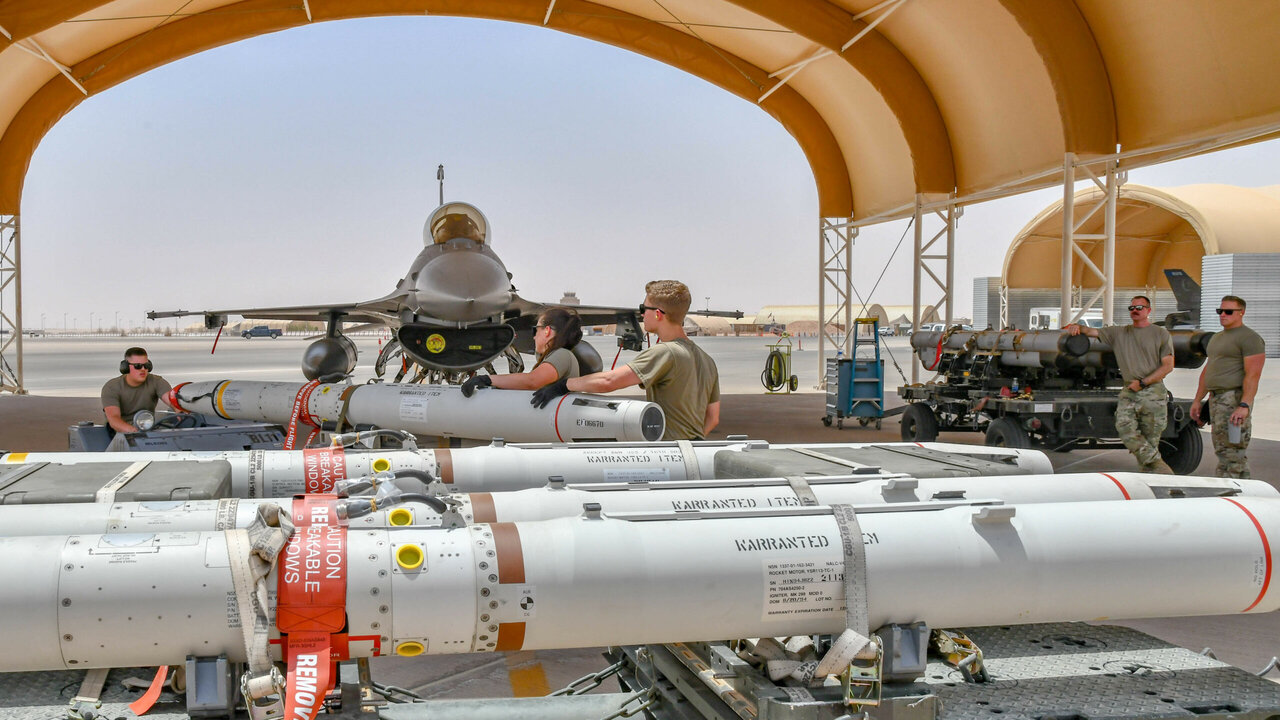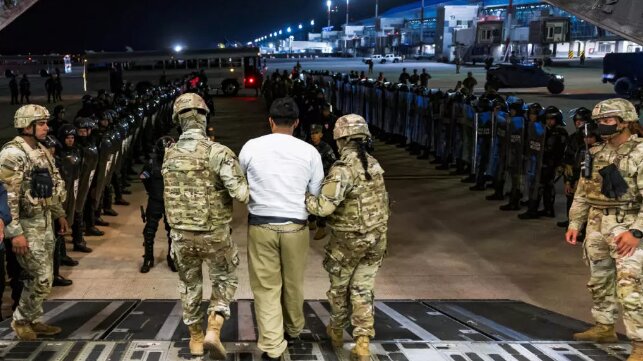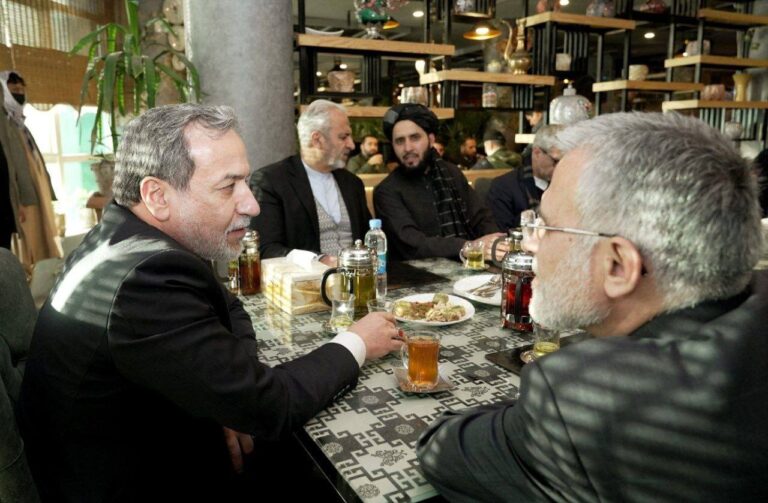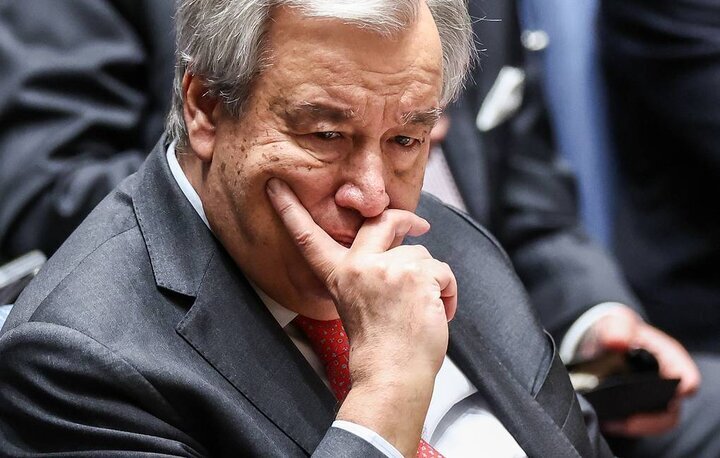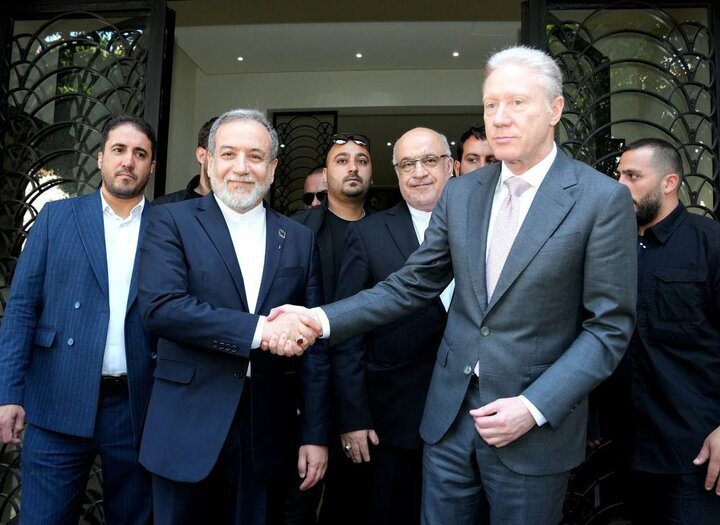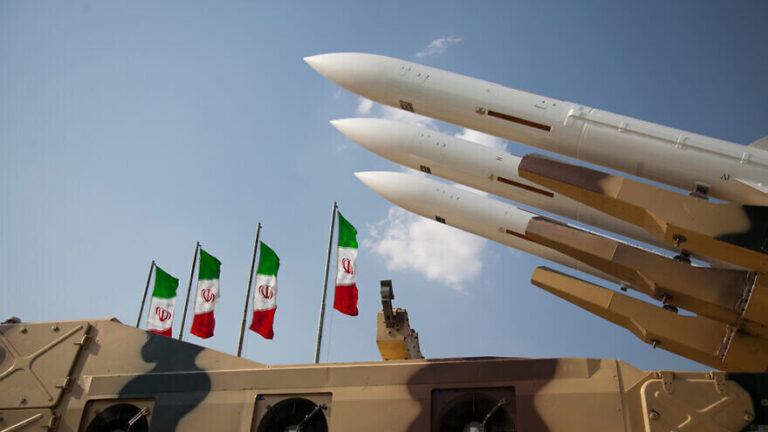Yemen Imposes Sanctions on 15 Major US Weapons Manufacturers: What It Means for Global Arms Trade
In a significant development, Yemen’s Humanitarian Operations Coordination Center (HOCC) has announced sanctions against several companies involved in supporting the “usurping Zionist entity.” This move is part of Yemen’s broader efforts to address humanitarian concerns and respond to the ongoing conflict in Gaza, which has escalated since October 7, 2023.
The sanction announcement was reported by Yemen’s News Agency SABA on Sunday. The HOCC has added these companies to its Sanctions List of Supporters of the Usurping Zionist Entity (SUZE). The Executive Director of the HOCC emphasized the gravity of the situation, stating:
“These companies remain complicit in supplying arms to the usurping Zionist entity, providing its forces with advanced weapons systems, missiles, munitions, military equipment, and other items directly linked to war crimes, crimes against humanity, and acts of genocide perpetrated by the usurping Zionist entity in Gaza since October 7, 2023, which continue to claim the lives of innocent Palestinian civilians.”
This statement underscores the serious allegations against these companies and highlights Yemen’s legal stance on the matter. The Executive Director pointed out that these actions are in accordance with Law No. (5) of the year 1445 AH, which designates states, entities, and individuals hostile to the Republic of Yemen. It also aligns with the Sanctions Regulation concerning Supporters of the Usurping Zionist Entity.
The Yemeni government believes that these sanctions are essential for undermining the capabilities of the usurping Zionist entity, particularly in light of the ongoing atrocities against innocent civilians in Palestine, especially in the Gaza Strip. The sanctions are designed to restrict the flow of resources that enable further military actions and violence.
Key points regarding the sanctions include:
- The sanctions target companies directly involved in supplying military resources to Israel.
- These actions are part of Yemen’s legal framework aimed at protecting its sovereignty and responding to external aggression.
- Potentially, the sanctions could extend to entities associated with the listed companies, including stakeholders and family members of executives.
Since the onset of the conflict, Yemenis have actively targeted Israeli and American interests as a form of solidarity with the Palestinian people. The situation in Gaza has prompted a robust response from the Yemeni Armed Forces, who have vowed to continue their operations until the Israeli military’s ground and aerial offensives cease, and the blockade on Gaza is lifted.
The ongoing military actions by the Yemeni forces have resulted in the effective shutdown of the Eilat port, located south of the occupied territories. This disruption has led to significant economic repercussions for Israel, further highlighting the interconnectedness of regional conflicts.
The Yemeni Armed Forces maintain that their operations are a necessary response to the severe humanitarian crisis unfolding in Gaza. They have expressed their commitment to supporting Palestinian civilians affected by the ongoing violence and have called for international awareness and intervention to halt the aggressions.
In conclusion, the sanctions imposed by Yemen’s HOCC against companies supporting Israel’s military actions represent a critical aspect of the country’s response to the humanitarian crisis in Gaza. The ongoing conflict has not only exacerbated the suffering of Palestinians but has also resonated with the Yemeni population, leading to active participation in the broader struggle for justice and peace in the region.
As the situation continues to evolve, the international community is urged to pay closer attention to the dynamics at play and consider the implications of their support for one side or the other in this complex conflict.
For further updates, stay tuned to reliable news sources and follow developments regarding the humanitarian situation in Gaza and the responses from various nations.
MNA/Press TV
